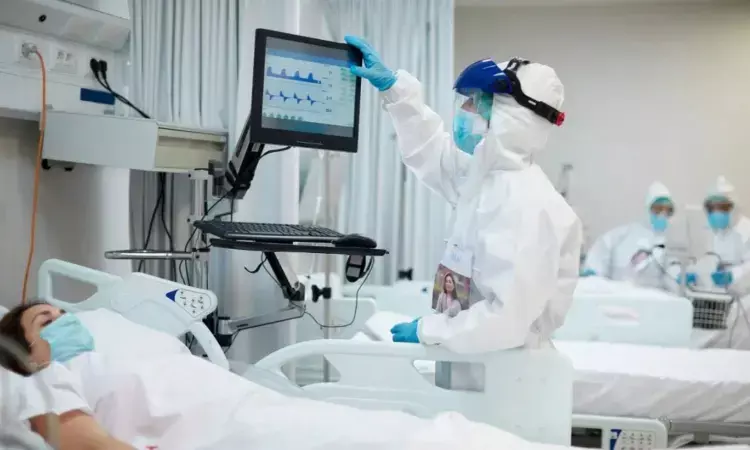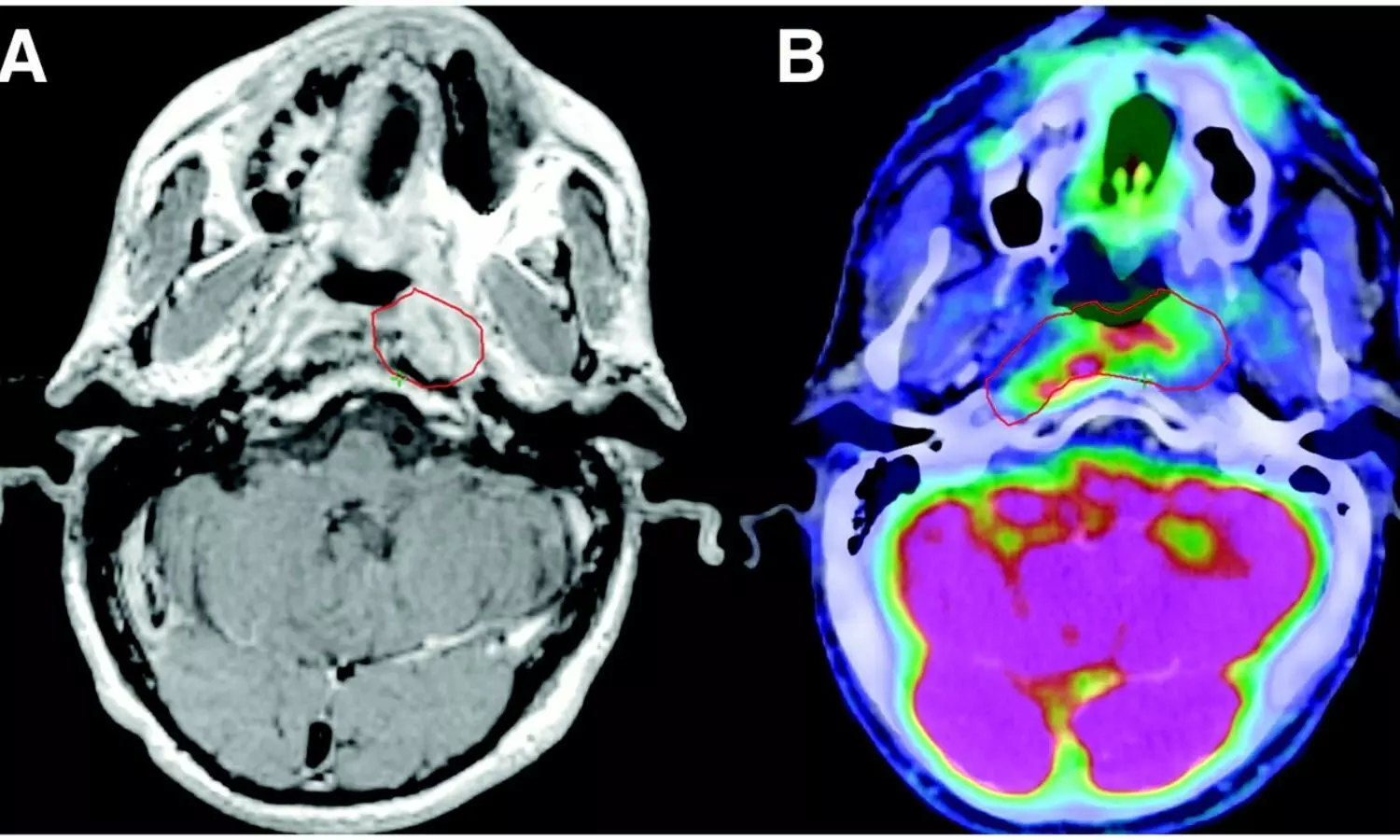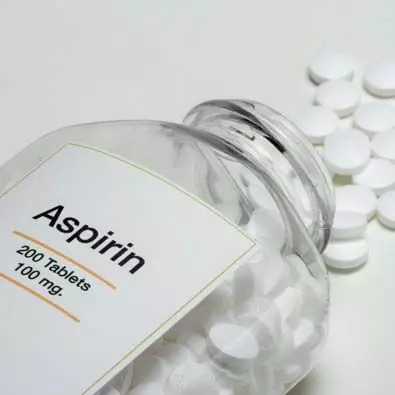- Home
- Medical news & Guidelines
- Anesthesiology
- Cardiology and CTVS
- Critical Care
- Dentistry
- Dermatology
- Diabetes and Endocrinology
- ENT
- Gastroenterology
- Medicine
- Nephrology
- Neurology
- Obstretics-Gynaecology
- Oncology
- Ophthalmology
- Orthopaedics
- Pediatrics-Neonatology
- Psychiatry
- Pulmonology
- Radiology
- Surgery
- Urology
- Laboratory Medicine
- Diet
- Nursing
- Paramedical
- Physiotherapy
- Health news
- Fact Check
- Bone Health Fact Check
- Brain Health Fact Check
- Cancer Related Fact Check
- Child Care Fact Check
- Dental and oral health fact check
- Diabetes and metabolic health fact check
- Diet and Nutrition Fact Check
- Eye and ENT Care Fact Check
- Fitness fact check
- Gut health fact check
- Heart health fact check
- Kidney health fact check
- Medical education fact check
- Men's health fact check
- Respiratory fact check
- Skin and hair care fact check
- Vaccine and Immunization fact check
- Women's health fact check
- AYUSH
- State News
- Andaman and Nicobar Islands
- Andhra Pradesh
- Arunachal Pradesh
- Assam
- Bihar
- Chandigarh
- Chattisgarh
- Dadra and Nagar Haveli
- Daman and Diu
- Delhi
- Goa
- Gujarat
- Haryana
- Himachal Pradesh
- Jammu & Kashmir
- Jharkhand
- Karnataka
- Kerala
- Ladakh
- Lakshadweep
- Madhya Pradesh
- Maharashtra
- Manipur
- Meghalaya
- Mizoram
- Nagaland
- Odisha
- Puducherry
- Punjab
- Rajasthan
- Sikkim
- Tamil Nadu
- Telangana
- Tripura
- Uttar Pradesh
- Uttrakhand
- West Bengal
- Medical Education
- Industry
IL-6 receptor antagonists and antiplatelet agents improve survival among critically ill COVID-19 patients

Patients who are critically ill with COVID-19 infection had a 99.9% probability of improved 180-day mortality compared to placebo when treated with IL-6 receptor antagonist and a 95.0% probability of improved 180-day mortality when on antiplatelets compared to control. The trial results of the REMAP-CAP Randomized Clinical Trial were published in the journal JAMA Network.
Randomized clinical trials in critically ill patients, even those with COVID-19, typically assess only short-term outcomes like organ failure or 28-day mortality. Still, there is uncertainty regarding the longer-term effects of therapies used for the treatment of critically ill patients with COVID-19. Hence researchers conducted a secondary analysis of an ongoing adaptive platform trial (REMAP-CAP) to determine the effect of multiple interventions for critically ill adults with COVID-19 on longer-term outcomes between March 9, 2020, and June 22, 2021.
Nearly 4869 critically ill adult patients with COVID-19 with a mean age of 59.3 years (1537 [32.1%] women) were enrolled for testing interventions within multiple therapeutic domains. Patients were randomized to receive 1 or more interventions within 6 treatment domains like the immune modulators (n = 2274), convalescent plasma (n = 2011), antiplatelet therapy (n = 1557), anticoagulation (n = 1033), antivirals (n = 726), and corticosteroids (n = 401). A Bayesian outcome was survival through day 180. Bayesian piecewise exponential model was used to analyze this. Survival was measured by Hazard ratio where <1 meant improved survival (superiority) and > 1 meant worsened survival (harm). A relative improvement of less than 20% in outcome, shown by an HR greater than 0.83 represented futility.
Findings of the trial:
Among 4869 randomized patients 4107 (84.3%) had known vital status and 2590 (63.1%) were alive at day 180.
When compared with the control, IL-6 receptor antagonists had a greater than 99.9% probability of improving 6-month survival and antiplatelet agents had a 95% probability of improving 6-month survival.
Therapeutic anticoagulation, convalescent plasma, and lopinavir-ritonavir had the highest probability of trial-defined statistical futility (HR >0.83).
Hydroxychloroquine and the combination of lopinavir-ritonavir and hydroxychloroquine showed the highest probabilities of harm.
The corticosteroid domain was stopped early prior to reaching a predefined statistical trigger; there was a 57.1% to 61.6% probability of improving 6-month survival across varying hydrocortisone dosing strategies.
Thus, this prespecified secondary analysis of a bayesian adaptive randomized clinical platform trial was the largest trial that reported on the effect of treatments for COVID-19 on longer-term mortality, HRQoL, and disability in critically ill patients.
Further reading: Writing Committee for the REMAP-CAP Investigators. Long-term (180-Day) Outcomes in Critically Ill Patients With COVID-19 in the REMAP-CAP Randomized Clinical Trial. JAMA. Published online December 16, 2022. doi: 10.1001/jama.2022.23257
BDS, MDS
Dr.Niharika Harsha B (BDS,MDS) completed her BDS from Govt Dental College, Hyderabad and MDS from Dr.NTR University of health sciences(Now Kaloji Rao University). She has 4 years of private dental practice and worked for 2 years as Consultant Oral Radiologist at a Dental Imaging Centre in Hyderabad. She worked as Research Assistant and scientific writer in the development of Oral Anti cancer screening device with her seniors. She has a deep intriguing wish in writing highly engaging, captivating and informative medical content for a wider audience. She can be contacted at editorial@medicaldialogues.in.
Dr Kamal Kant Kohli-MBBS, DTCD- a chest specialist with more than 30 years of practice and a flair for writing clinical articles, Dr Kamal Kant Kohli joined Medical Dialogues as a Chief Editor of Medical News. Besides writing articles, as an editor, he proofreads and verifies all the medical content published on Medical Dialogues including those coming from journals, studies,medical conferences,guidelines etc. Email: drkohli@medicaldialogues.in. Contact no. 011-43720751




